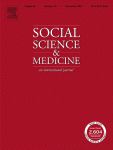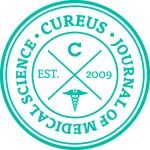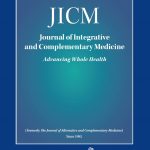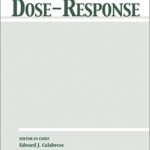The reluctant and the envious: Therapeutic subalternity and the practice of homeopathy in North America

This work presents a neo-Gramscian theorization of therapeutic hegemony and subalternity, deployed with reference to the practice of homeopathy in North America by two increasingly-professionalized but unorthodox health occupational groups: Homeopaths and Naturopaths. Despite both occupations’ contemporary sociopolitical subordination to dominant biomedicine, the continent’s Homeopaths have been less successful in their professionalization efforts, owing partly to homeopathy—their primary therapeutic modality—being widely considered incommensurable with biomedical science. For Naturopaths, who increasingly align themselves with biomedical evidentiary norms, homeopathy represents but one among several central therapeutic modalities. Using survey (n = 588) and interview (n = 31) data from an empirical case involving Homeopaths and Naturopaths in Ontario, Canada—a jurisdictional outlier in which both groups are regulated by the state—the author employs the theory of therapeutic subalternity to illuminate the internal struggles faced by homeopathy-practising occupations in a biomedically-dominant context. Despite their regulated standing, Homeopaths’ negative media characterization and ongoing lack of access to third-party insurance reimbursement contribute to ongoing frustration among practitioners, expressed as displaced envy toward the province’s more elite, homeopathy-practising Naturopaths. However, while most Naturopaths express appreciation for homeopathy’s clinical merits, many appear increasingly reluctant to use or discuss the practice to prevent compromise to their profession’s therapeutic legitimation.








Lascia un commento
Devi essere connesso per inviare un commento.